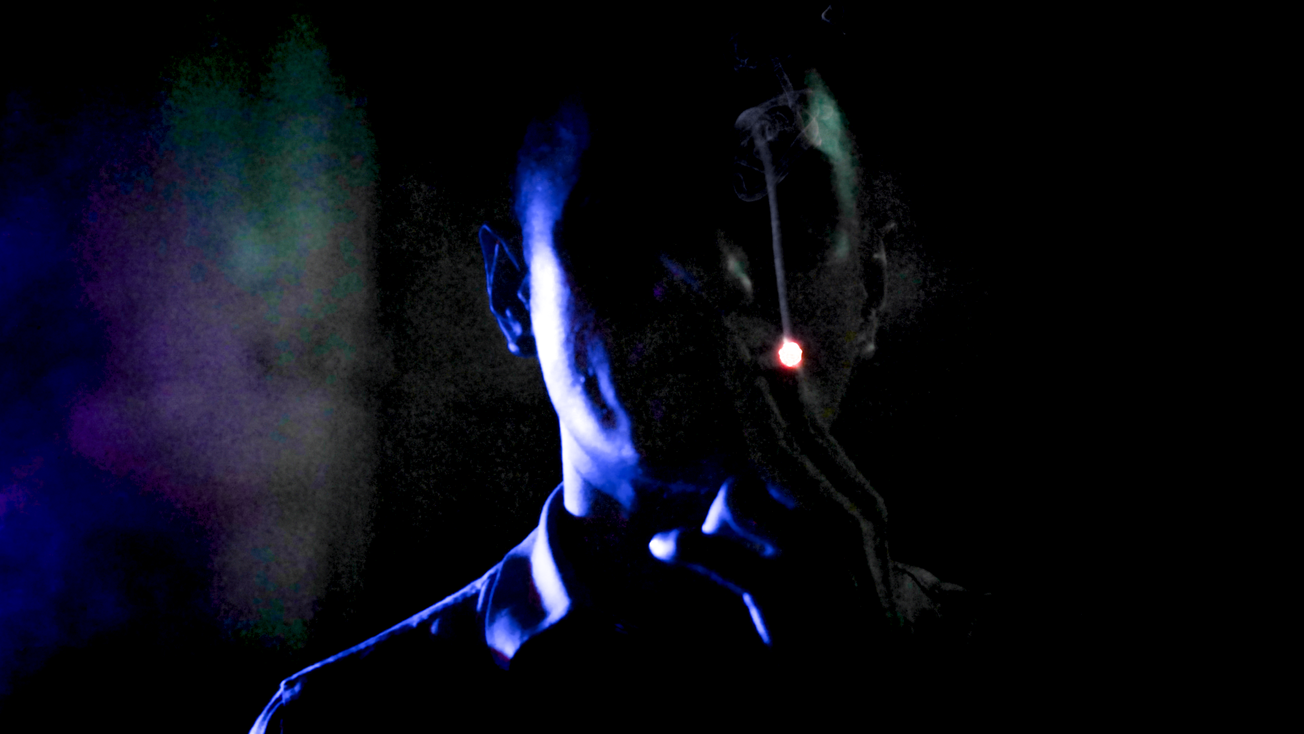Keywords: Science, Reason, Advocacy, Richard Dawkins, Lawrence Krauss, Documentary, Critical Thinking, Misinformation
Introduction
"The Unbelievers" is a captivating documentary directed by Gus Holwerda and released in 2013. The film follows the journey of renowned scientists Richard Dawkins and Lawrence Krauss as they travel the world advocating for the importance of science and reason in the contemporary world. In an era of misinformation and pseudo-science, the relevance of this film's subject matter cannot be overstated.
Synopsis
The film follows Dawkins and Krauss as they speak at public events, debates, and interviews about the need for scientific inquiry and rational thinking. The documentary delves into their philosophies and their shared goal of promoting critical thinking and scientific literacy in a world often driven by dogma and unfounded beliefs.
More Film Analysis
Analysis
This documentary takes an observational approach, following Dawkins and Krauss in their advocacy work. The film is thoroughly researched, with the directors capturing the depth of the subject matter and presenting it in a digestible and engaging manner.
Historical and Factual Context
In a world where misinformation is rife, this documentary serves as a reminder of the importance of scientific literacy and the role of reason in society. Dawkins and Krauss, both accomplished scientists, use their platform to challenge unfounded beliefs and promote critical thinking.
Key themes in the film
- The importance of science and reason in society
- The need for critical thinking and scientific literacy
- The struggle against dogma and misinformation
Film Comparisons
Unlike other documentaries on iWonder, "The Unbelievers" focuses on the advocacy of science and reason by two leading scientists. It offers a unique perspective on the struggle for scientific literacy in the face of misinformation.
Noteworthy Moments
One of the most significant moments in the film is when Dawkins and Krauss passionately advocate for the need for scientific literacy and reason, challenging unfounded beliefs and dogmas.
Reviews
The documentary has received a positive reception, with an IMDB score of 6.9. Audiences have praised it for its insightful and thought-provoking content.
Conclusion
"The Unbelievers" is an important documentary that brings to the forefront the need for science and reason in today's world. It is a must-watch for anyone interested in scientific literacy and the role of science in society.
More film information:
FILM SUMMARY
- IMDB score: 6.9
- Rotten Tomatoes score: N/A
- Metacritic score: N/A
- Film festival awards: N/A
PERSONALITIES
- Richard Dawkins: Renowned biologist and author known for his advocacy of atheism and scientific literacy
- Lawrence Krauss: Theoretical physicist and author known for his work in cosmology and his advocacy of science
LOCATIONS
- Various public events, debates, and interviews across the globe
Key Questions Raised by the Film
- Why is scientific literacy important in today's world?
- How can society combat misinformation and promote critical thinking?
Links for Further Exploration
- Richard Dawkins Foundation for Reason & Science: https://richarddawkins.net/
- Lawrence Krauss's website: https://lawrencemkrauss.com/
- The Importance of Scientific Literacy: https://sdn.unl.edu/article/what-science-literacy-and-why-it-important
I wonder what the film would be in another art form



- If this film was a famous book, it would be "The Demon-Haunted World: Science as a Candle in the Dark" by Carl Sagan for its advocacy of science and critical thinking.
- If this film was a famous song, it would be John Lennon's "Imagine" for its call to reason and idealism.
- If this film was a famous piece of art, it would be "The School of Athens" by Raphael, representing the pursuit of knowledge through reason.
- If this film was a famous celebrity, it would be Neil deGrasse Tyson, known for his advocacy of science.
- If this film was a colour, it would be blue, symbolizing wisdom and intelligence.
- If this film was a music style, it would be classical, representing the timelessness and universality of its message.








